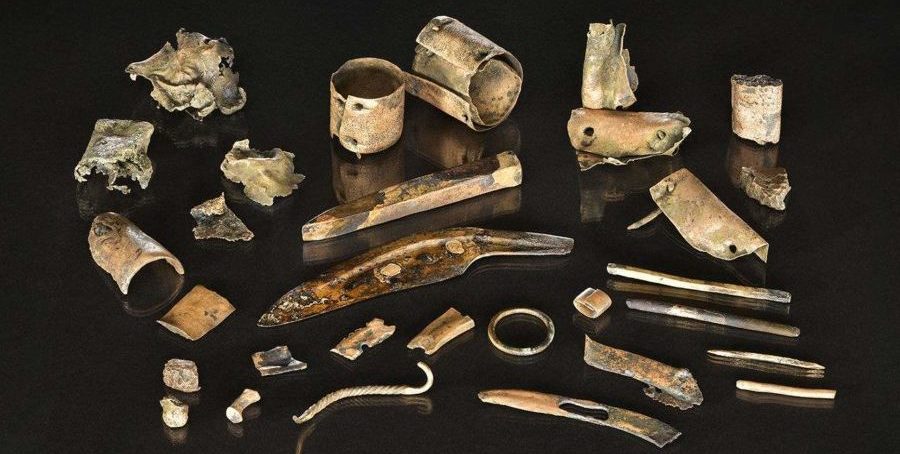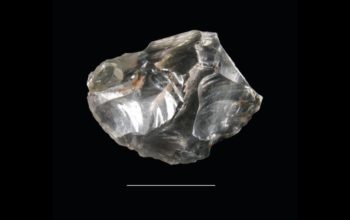How did people living in the Bronze Age manage their finances before money became widespread?
The following written content by University of Göttingen
Researchers have discovered that bronze scrap found in hoards in Europe circulated as a currency. These pieces of scrap — which might include swords, axes, and jewelry broken into pieces — were used as cash in the late Bronze Age, and in fact complied with a weight system used across Europe.

How did people living in the Bronze Age manage their finances before money became widespread? Researchers from the Universities of Göttingen and Rome have discovered that bronze scrap found in hoards in Europe circulated as a currency. These pieces of scrap — which might include swords, axes, and jewellery broken into pieces — were used as cash in the late Bronze Age (1350-800 BC), and in fact complied with a weight system used across Europe. This research suggests that something very similar to our ‘global market’ evolved across Western Eurasia from the everyday use of scrap for cash by ordinary people some 1000 years before the beginning of classical civilizations. The results were published in Journal of Archaeological Science.
This study analyzed around 2,500 metal objects and fragments from among the thousands of hoards of fragments from the late Bronze Age that, over time, have been unearthed in Central Europe and Italy. The researchers used a statistical technique that can determine if a sample of measurements is due to an underlying system. This technique can detect, for instance, if the analyzed objects are multiples of a weight unit.

The researchers’ analysis provides very significant results for fragments and scraps, which means that these metal objects were intentionally fragmented in order to meet predetermined weights. The analyses confirm that the weight unit that regulated the mass of metals was the same unit represented in European balance weights of the same period. The researchers conclude that these scraps were being used as money, and that the fragmentation of bronze objects was aimed at obtaining ‘small change’ or cash.
Trade in prehistory is commonly imagined as a primitive system based on barter and on the exchange of gifts, with money appearing as some kind of evolutionary milestone somewhere during the making of Western state-societies. The study challenges this notion by introducing the concept that money was a bottom-up convention rather than a top-down regulation. Read more from SD.
Subscribe here





